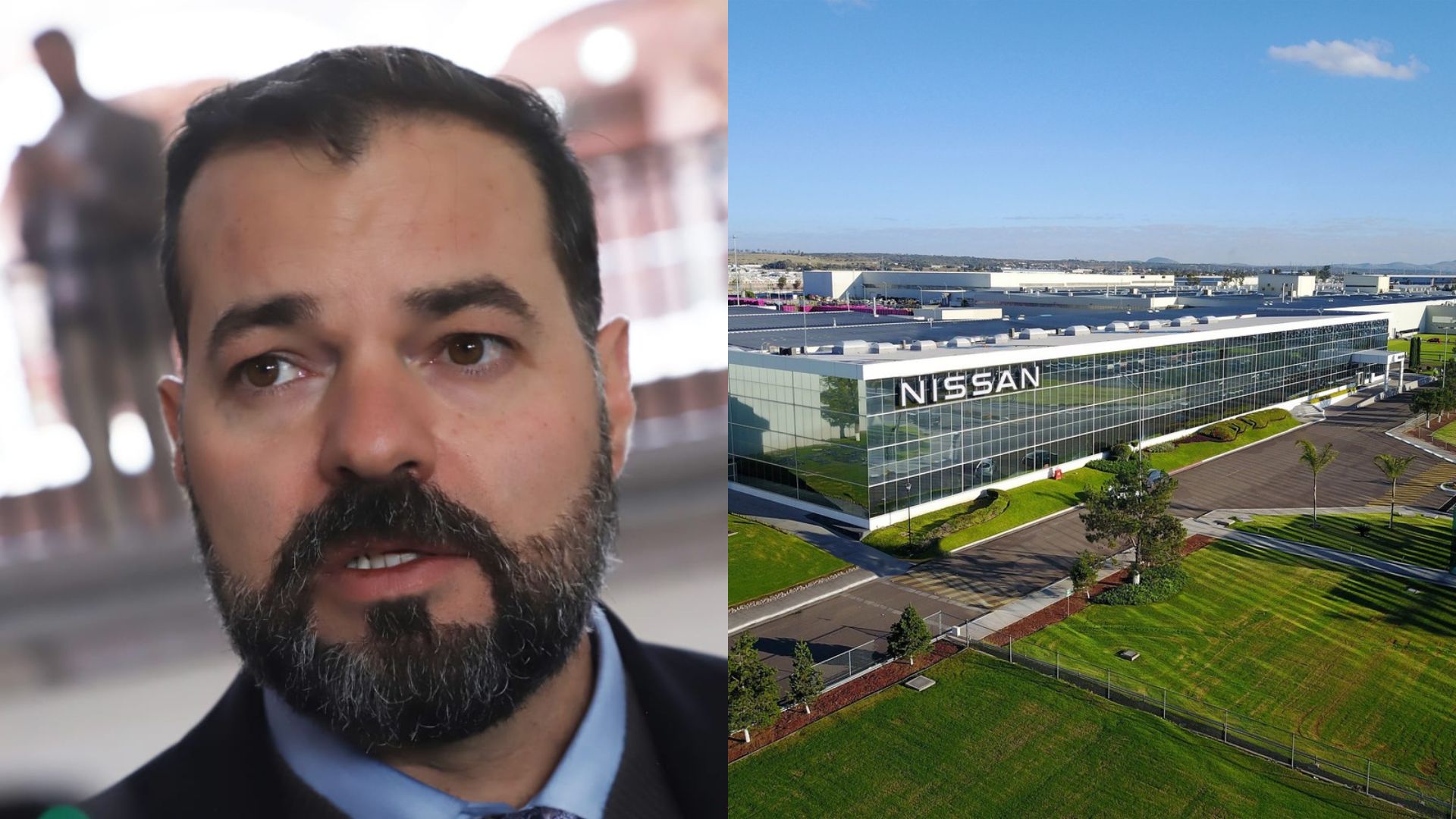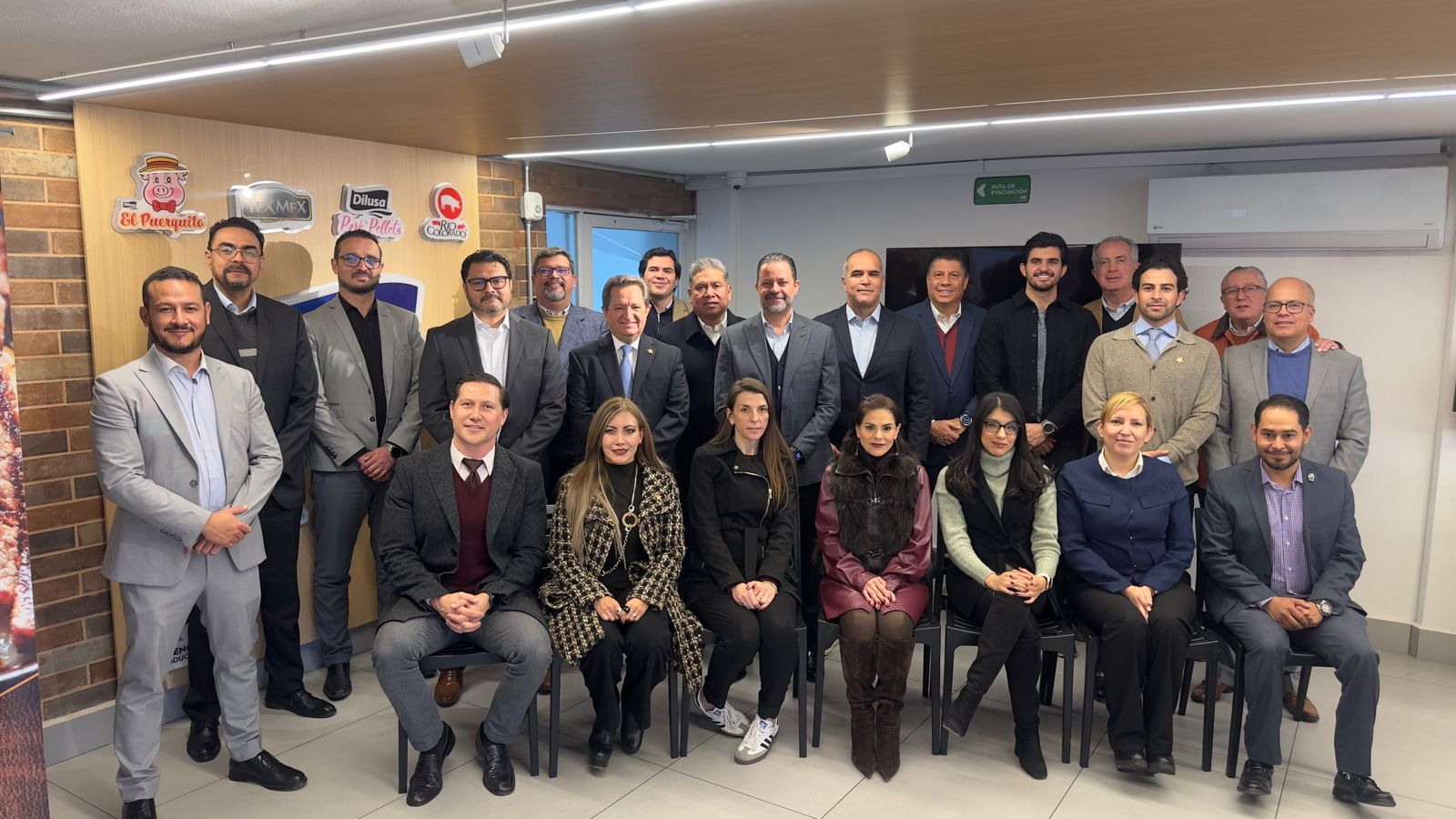Towards a Green Economy with a Human Face: the Role of Talent in the Esg Agenda

Towards a Green Economy with a Human Face: The Role of Talent in the ESG Agenda
Today, more than ever, talking about sustainability is no longer an option, it is a shared responsibility. In the current global context, where climate change imposes urgent challenges on our economies, true change begins with people. The human dimension of sustainability has long been the least considered in ESG agendas. However, if we want environmental and governance strategies to be effective, we must recognize that there is no green transition without green talent.
From Adecco Mexico, we have adopted this vision with conviction. We know that companies are called upon to be protagonists in this transformation. But for this to be possible, we need a workforce that is prepared, motivated and aligned with the climate and social objectives of the 21st century. The global study we recently published, “Creating the Green Talent Pool for Climate Action,” clearly states this premise: the countries that manage to reduce their CO₂ emissions are also those that have committed to inclusive labor governance, continuous training, and the active participation of the public and private sectors in building talent.
Green Talent
Mexico, in particular, faces a hopeful paradox. Although we occupy an intermediate position in the “Green Talent Potential Index”, we stand out for the high level of awareness that our workforce has about the impact of climate change. This willingness to train and adapt represents an invaluable opportunity that we must seize. How? By investing in flexible training schemes, incentivizing continuous learning, and promoting labor policies that facilitate the transition of workers from traditional sectors to green industries.
This also implies rethinking the role of technical and professional education, from the earliest stages of training to reskilling programs in adult working life. The economy of the future will require hybrid profiles, capable of understanding and applying sustainability criteria in operational, technical, financial and social contexts. It is not only about training environmental engineers or specialists in clean energy; we will also need administrative, commercial, logistics and manufacturing profiles with a comprehensive vision of sustainability. In short: green talent is transversal, not exclusive.
Inclusion of the Private Sector in Public Policies
In addition, we must strongly promote the inclusion of the private sector in the design and implementation of public labor activation policies. We cannot think of employability policies that are disconnected from the reality of business or the needs of the market. A just and effective transition will only be possible if we manage to structurally connect governments, employers, and workers. The Adecco Group’s own report highlights that the countries with the best results in emissions reduction are also those that have institutionalized this tripartite collaboration.
Formalization of Employment
From our experience in Mexico, it is also crucial to point out an issue that we can no longer postpone: the formalization of employment. The green economy cannot be built on foundations of job insecurity. If a significant part of the workforce remains in the informal sector, they will be outside the circuits of training, social security, professional development, and positive environmental impact. Sustainability, to be authentic, must be inclusive and equitable.
Green Commitment of Organizations
The commitment of organizations must be clear: to accompany clients, collaborators and governments in this transition, providing concrete solutions that strengthen employability and the development of green talent. We have done so in industries such as automotive, where we contribute to the reconversion of plants and the training of personnel for clean technologies, and we also do so through specialized training programs, such as those already operating in Europe to prepare ESG experts to lead business transformation based on sustainable metrics.
We are at a turning point. Climate action is not achieved with commitments on paper, but with investment in the people who will make that sustainable future possible. It is time for green talent to be the new engine of economic growth, with social justice and environmental responsibility. Mexico has the conditions, but it requires decision and collective will to drive that change.
Francisco Martínez Domene is CEO of Adecco Mexico and president of the Adecco Institute Mexico. He is currently a member of the Board of Directors of COPARMEX; since May 2025, he has been vice president of the Swiss-Mexican Chamber of Commerce and Industry and president of the Human Talent Commission of CANACINTRA, also joining its National Board of Directors.
Twitter: @fmdomene
More Articles

New Flights from San Luis to AIFA and Monterrey: Ticket Costs and Frequencies
Jan 29, 2026

Nissan Accelerates Its Expansion: Production Line Installation Continues
Jan 16, 2026

Workplace and Business Trends for 2026
Jan 2, 2026

OXXO Joins Uber Eats!: Catalog of Nearly 3,000 Products and Real-Time Deliveries
Jan 14, 2026

USMCOC Aguascalientes Chapter Holds First Ordinary Session of 2026
Jan 13, 2026

Top Business News for Monday, January 26, 2026
Jan 26, 2026
